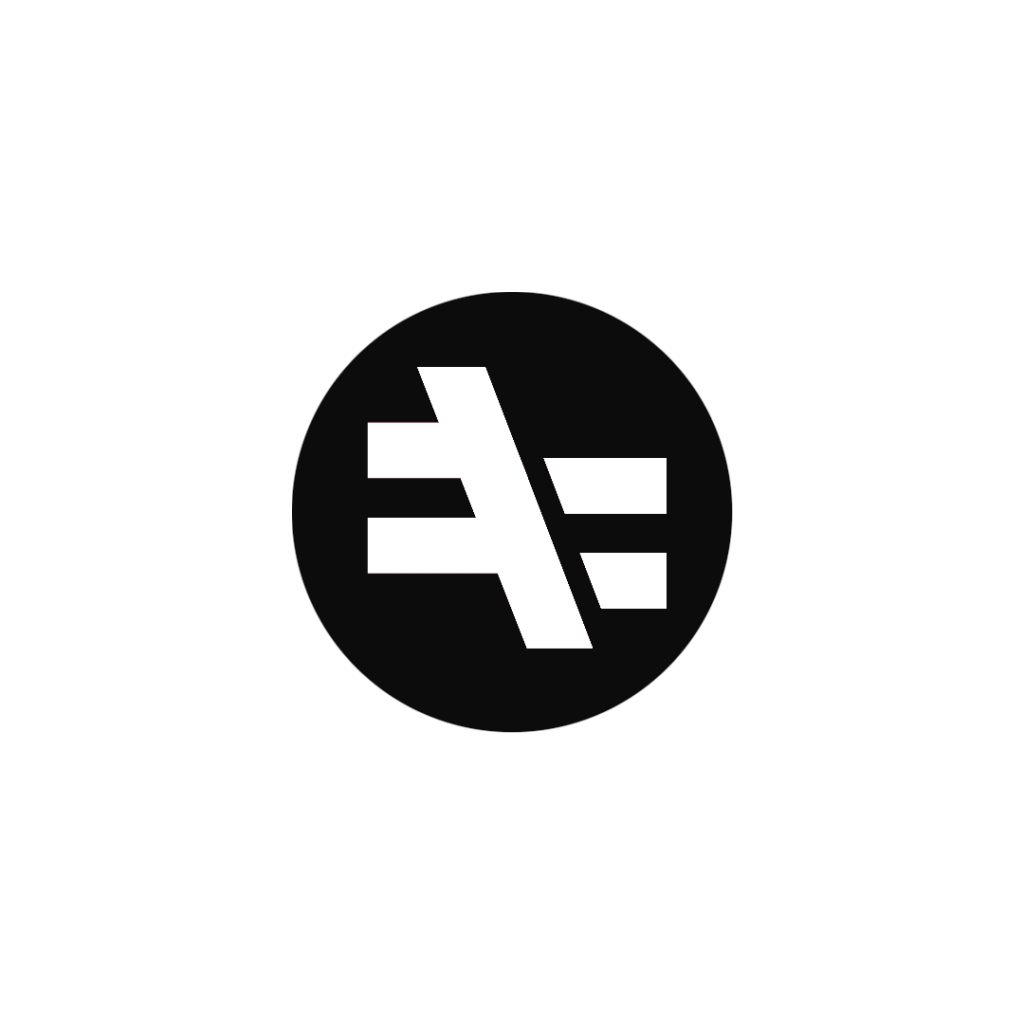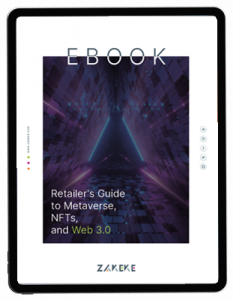In the fashion world, staying on top of digital innovation is not an option but a strategic imperative. Brands that excel in this domain captivate their audience and cultivate lasting loyalty, driving their business growth.
Non-Fungible Tokens (NFTs), in particular, have caught the attention of most top fashion players worldwide.
This article explores the concept of NFTs in fashion, their rising popularity, and how fashion businesses leverage this trend.
What is NFT in fashion?
NFTs are unique digital assets stored on a blockchain. These digital items are unique and cannot be replicated, giving them a value that can be bought, sold, or traded, much like physical fashion items.
NFTs in the fashion industry encompass a wide array of applications. They are being used to create digital versions of physical goods, giving rise to the concept of “digital twins”. This allows for creating unique, one-of-a-kind fashion items and provides a new way for brands to engage with their customers.
As younger generations spend more time online than ever, fashion brands must focus on digital identity and expression to stay relevant. Major video games’ business models, such as Fortnite, rely entirely on selling their in-game digital wearables. Similarly, metaverse platforms like Decentraland and The Sandbox leveraged digital collectibles from day one.
Moreover, many brands combine NFTs with physical goods, creating a unique blend of the digital and physical worlds. This approach allows customers to own a physical item and its digital counterpart, enhancing the value and appeal of the product.
Also, NFTs are revolutionizing the luxury fashion industry by serving as digital authenticity certificates, ensuring the provenance and uniqueness of premium items, thereby enhancing their value and desirability.
Furthermore, brands are exploring opportunities beyond virtual clothing, launching exclusive content as NFTs. This can range from brand-inspired avatars to rare collectibles, offering customers unique digital assets that can be owned and traded.
Why are fashion NFT projects so popular?
The popularity of fashion NFT projects can be attributed to several factors. They offer a new form of expression for tech-savvy fashion enthusiasts. They provide a platform for designers to showcase their creativity without the constraints of physical production. Moreover, the exclusivity associated with NFTs resonates well with the fashion industry’s – particularly the high fashion – penchant for status.
Especially in the fashion luxury industry, authenticity is fundamental, and the blockchain’s safety can play a significant role in fighting counterfeits.
Each NFT fashion item or membership pass is unique and cannot be replicated, fostering exclusivity. These digital assets can be bought and sold on various online platforms that support NFT transactions, providing a new marketplace for fashion enthusiasts and additional revenue streams for brands.
Moreover, NFT fashion could enhance sustainability in the fashion sector through more energy-efficient supply chain tracking and the utilization of digital prototypes.
According to data collected for the Vogue Business Index, 17% of brands had worked with NFTs as of Winter 2021.
How fashion businesses are capitalizing on the NFT trend
Several fashion businesses are capitalizing on the NFT trend. The Fabricant, a digital fashion house, sold an iridescent dress as an NFT for $9,500 in May 2019. Since then, many brands, including Louis Vuitton, Burberry, Nike, Levi’s, Dolce & Gabbana, Gap, and Adidas, have launched various NFT projects.
Comprehensive Web3 strategy
Nike has been a pioneer in the integration of NFTs in the fashion industry. In late 2021, it acquired RTFKT, a popular Web3 virtual footwear and clothing brand. Together they launched one of the most successful brand collections: CloneX.
Nike’s total revenues for its web3 activities reached $185 million. In late 2022 the brand developed its own Web3 platform, “.SWOOSH”, designed to build a more thoughtful community for sneakerheads. Nike’s approach to Web3 is inclusivity-first, focusing on co-creation with their community.
Gucci has been a trailblazer in the NFT space, launching a series of innovative projects that align with its brand values. From organizing a Christie’s auction to sell its first NFT to launching the Gucci Garden on Roblox and partnering with Superplastic and 10KTF for unique NFT collections, Gucci has consistently pushed the boundaries of what’s possible in the Web3 fashion landscape. Their strategy of quick iteration, brand ethos consistency, and platform agnosticism has set a new standard in the industry.
Gamification with NFTs
Louis Vuitton has also made its mark in the NFT space. The brand released “Louis: The Game,” an NFT video game for mobile devices, marking a unique approach to engaging with consumers. The game features various missions and adventures, with players having the opportunity to collect a variety of NFTs along the way.
NFT for Transparency and Authenticity
Louis Vuitton’s venture into blockchain technologies doesn’t stop with gamification.
In 2021, Prada, Cartier, and the French fashion house launched the Aura Blockchain Consortium.
Their solution provides a global luxury blockchain for product transparency and traceability. It ties products to client IDs, enabling customers to verify product authenticity.
On-chain loyalty
Lacoste has expanded its NFT ecosystem with “The Mission”, a new Web3 experience. This initiative allows UNDW3 NFT holders to participate in point-based competitions and receive rewards.
By accumulating points, Lacoste NFT holders can enhance the rarity and value of their tokens, demonstrating Lacoste’s innovative approach to customer engagement in the digital realm.
At the time of writing, Lacoste is turning its NFT endeavors into a full-blown on-chain loyalty program – offering their holders long-term digital and physical benefits. (volendo mettere link a blog precedente)
Conclusion
Fashion brands do not only resort to NFTs for people to collect digital garments and express themselves online. They can also leverage this new tech to gamify and enrich their loyalty programs and track and authenticate their products. In this case, NFTs are crucial in bridging the gap between people and blockchain-powered solutions.
The advent of NFTs in fashion has opened up a world of possibilities. Despite the exciting opportunities, it’s important to note that using NFTs in fashion also comes with its own challenges, including intellectual property rights, data protection legislation, and environmental considerations.
However, as technology evolves and matures, these issues are expected to be addressed, paving the way for a more sustainable and inclusive digital fashion industry.
Looking ahead, the future of NFT fashion is promising. As more fashion businesses embrace the trend, NFT fashion will likely become a significant part of the fashion industry, redefining the future of style and offering exciting opportunities for creativity, innovation, and sustainability.

DVRS
DVRS is a pioneering Web3 studio, guiding brands on their blockchain journey. With a team of seasoned blockchain engineers and crypto-native experts, they create immersive experiences and build digital communities, setting new standards in the Web3 space.














